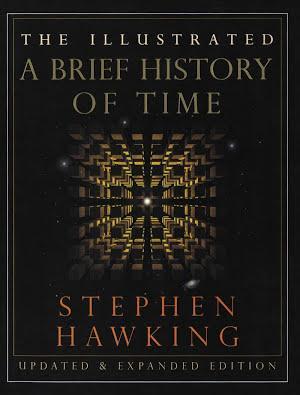Astrophysik für Laien
5 stars
Ein sehr aufschlussreiches Buch, das so geschrieben ist, dass auch Laien wie ich etwas verstehen können (natürlich nicht alles, aber das muss auch nicht sein). Hawking beschreibt die Grundlagen von Newton über Einstein und Heisenberg bis hin zu seinen eigenen Forschungen und gibt einen Ausblick in die zukünftigen Forschungsrichtungen und Ziele (wie die Suche nach einer vereinheitlichten Theorie) in dem Bereich. Ich habe das Buch mit Gewinn gelesen, wenngleich es heute nicht mehr aktuell ist. Einige Theorien wurden ad acta gelegt, andere konnten in der Zwischenzeit belegt werden (Graviationswellen, Schwarze Löcher...). Zwei Anmerkungen habe ich: Im ganzen Buch kommt nur eine einzige ()! Wissenschaftlerin vor. Das wäre mir vielleicht früher gar nicht aufgefallen, aber heute achte ich auf so etwas. Herr Hawking haut manchmal ganz schön auf die Kacke (bezüglich sich selbst), aber er darf das auch. Er ist ja tatsächlich einer der wichtigsten Wissenschaftler des letzen Jahrhunderts gewesen.


